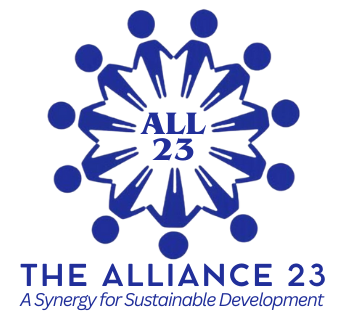Title of Project: Addressing the needs of marginalized and vulnerable persons
Project summary
In our ongoing commitment to uplift marginalized and vulnerable populations, particularly women, children, and persons living with HIV, it is imperative to identify and address their specific needs. This concept note outlines the key areas requiring attention and intervention for sustainable improvement in their livelihoods.
The needs of marginalized and vulnerable populations are complex and require a holistic approach. By focusing on economic empowerment, health, education, social support, and advocacy, our organization can make significant strides in improving their livelihoods.
Continued collaboration and resource allocation are essential to ensure that these individuals can achieve a better quality of life.
Key Activities
1.Economic Empowerment
–Access to Livelihood Opportunities: Many women and marginalized individuals lack access to employment or sustainable income-generating activities. Skills training and microfinance programs are essential to enhance their economic independence.
–Entrepreneurship Support: Providing resources and mentorship for small business development can empower individuals to create their own income sources.
2.Health and Well-being
– Access to Healthcare Services: Persons living with HIV and other health conditions need comprehensive healthcare, including regular check-ups, antiretroviral therapy, and mental health support.
– Health Education: Awareness programs about HIV prevention, treatment, and general health can significantly improve quality of life.
3.Education and Capacity Building
–Educational Opportunities for Children: Access to quality education is crucial for breaking the cycle of poverty. Support for school supplies, scholarships, and tutoring programs can help children thrive.
–Training for Women: Educational programs focused on literacy, vocational skills, and financial literacy can empower women to participate actively in their communities.
4.Social Support and Protection
-Community Support Networks: Establishing support groups for women and persons
living with HIV can foster a sense of community, reduce stigma, and provide emotional support.
–Legal Assistance: Many marginalized individuals face discrimination and legal challenges. Legal aid services are necessary to protect their rights and ensure access to justice.
5.Advocacy and Awareness
–Raising Awareness: Advocacy efforts are needed to address systemic barriers and promote
policies that support marginalized populations. Public awareness campaigns can help
reduce stigma and discrimination.
–Engagement with Stakeholders: Collaborating with government entities, NGOs, and
community leaders is vital for creating policies that address the needs of these vulnerable
groups.
